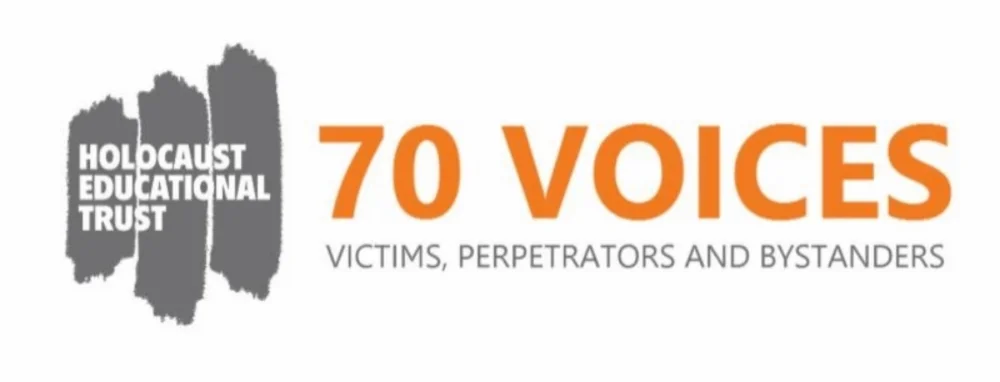One of the victims of the Holocaust whose voice has been preserved is Elsa Binder, a young woman who lived in the Polish city of Stanisławów. In a diary entry in January 1942, she reflected on the massacre of more than 10,000 Jews in Stanisławów three months earlier. She lamented her many friends, providing posterity with some memory of their lives, an opportunity denied to so many victims of the Holocaust. Elsa also confronted perhaps the greatest question raised by their fate.
Cip. This is probably the most painful. With open arms, lightly like a bird, you flew into the grave after your family. After the shot, you fluttered your arms gently and your face fell on the chest of your father, mother or sister... You loved life so passionately... The worst is that you’ll never know what you meant to me...
Estera. The owner of nice hands and legs that whirled so lightly and proudly to the rhythm of the lively polka. She also had a useless high school diploma and an even more useless pride.
With them departed Sabra with her sister, ideal Gosia, Ida, Tuśka with her baby, Salka with her baby, Gucia with her mother…
What remained were orphaned children, mothers, entire homes and houses. What remained were hearts full of pain, hatred and helplessness.
In my heart, strange to say, there is no hatred, only immense pain, astonishment, and a pervasive “Why?”. Why did mothers’ sons and children’s fathers drive old people, whimpering infants, youths full of life, and pregnant women to the cemetery where fresh common graves awaited them?
Elsa was murdered later in 1942; her question continues to resonate today.
Photo: a post-war memorial to the Jews of Stanisławów in the city’s Jewish cemetery, 1946; United States Holocaust Memorial Museum, courtesy of Norman Salsitz
Diary extract: Elsa Binder & Juliusz Feuerman, Dwa pamiętniki świadków i ofiar zagłady Żydów Stanisławowa (Polish-Jewish Heritage Foundation of Canada, 2008)

